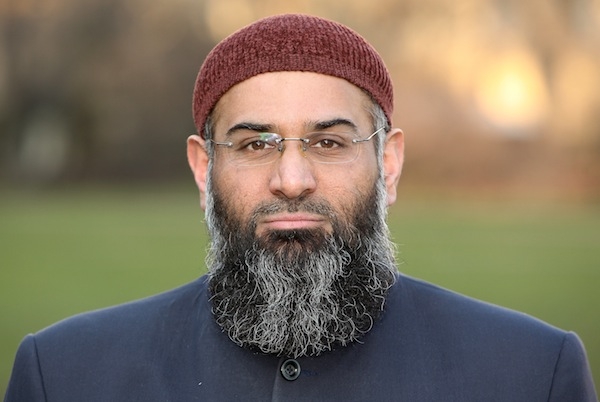Douglas Murray has an important piece in this week’s Spectator looking at the stultifying political culture around counterterrorism. Civil servants frequently thwart ministers wanting to adopt a harder line against extremists while a number of radical groups remain legal despite repeated pledges to ban them.
This cultural stasis is not confined to mandarins in Whitehall. Ever since 9/11 the police and Security Service have pursued a disastrous policy of cultivating ‘clerical honeypots’. The thinking behind it seems reasonable enough at first glance: leave extremist clerics to preach in the open and then you can easily identify the network around them, and the various actors within it.
The callous terrorist attack in Woolwich last week has brought the abject failure of that policy into sharp relief. It is now known that at least one of the alleged perpetrators was already on the intelligence radar. Indeed, not only had he come to the attention of the Security Service for allegedly trying to join an al-Qaeda affiliate in Somalia, but he was also known for associating with Anjem Choudary years before that.
Almost all decent people in this country are bemused at how Choudary has managed to avoid arrest for this long. A report by the Henry Jackson Society found that around 20 per cent of all terrorist convictions in this country can be linked back to the al-Muhajiroun network (and its offshoots) that he once led. He has benefited from the ‘clerical honeypot’ strategy more than anyone else.
At its high water mark this policy gave rise to the Muslim Contact Unit with the Metropolitan Police Service. They actively supported extremist Salafi preachers because it was thought only they had the requisite ‘street cred’ needed to appeal to angry young Muslims. Abu Hamza was consequently allowed to preach his poisonous message for years before anyone tried to stop him. By then it was too late.
Some of those who studied under him are Zacarias Moussaoui, the ‘twentieth hijacker’ who pleaded guilty to conspiring to fly a plane into the White House on 9/11; Richard Reid, who tried to blow up a flight from Paris to Miami using a bomb concealed in his shoe; Djamel Beghal, who pleaded guilty in France to planning a suicide attack on the US embassy; and Nizar Trabelsi, once a professional footballer in Germany who was convicted in Belgium for planning a suicide attack against a NATO base.
Radicals poison the public space by preaching a pernicious message of separation and confrontation. Nothing positive comes from allowing them to continue unimpeded, particularly when so many of their followers ‘progress’ to terrorism. The police and Security Service must now surely audit this policy in the aftermath of Woolwich and recognise its failures. They should announce a new direction by drawing a line against radical preachers; a sea change that should start with the arrest of Anjem Choudary.






Comments